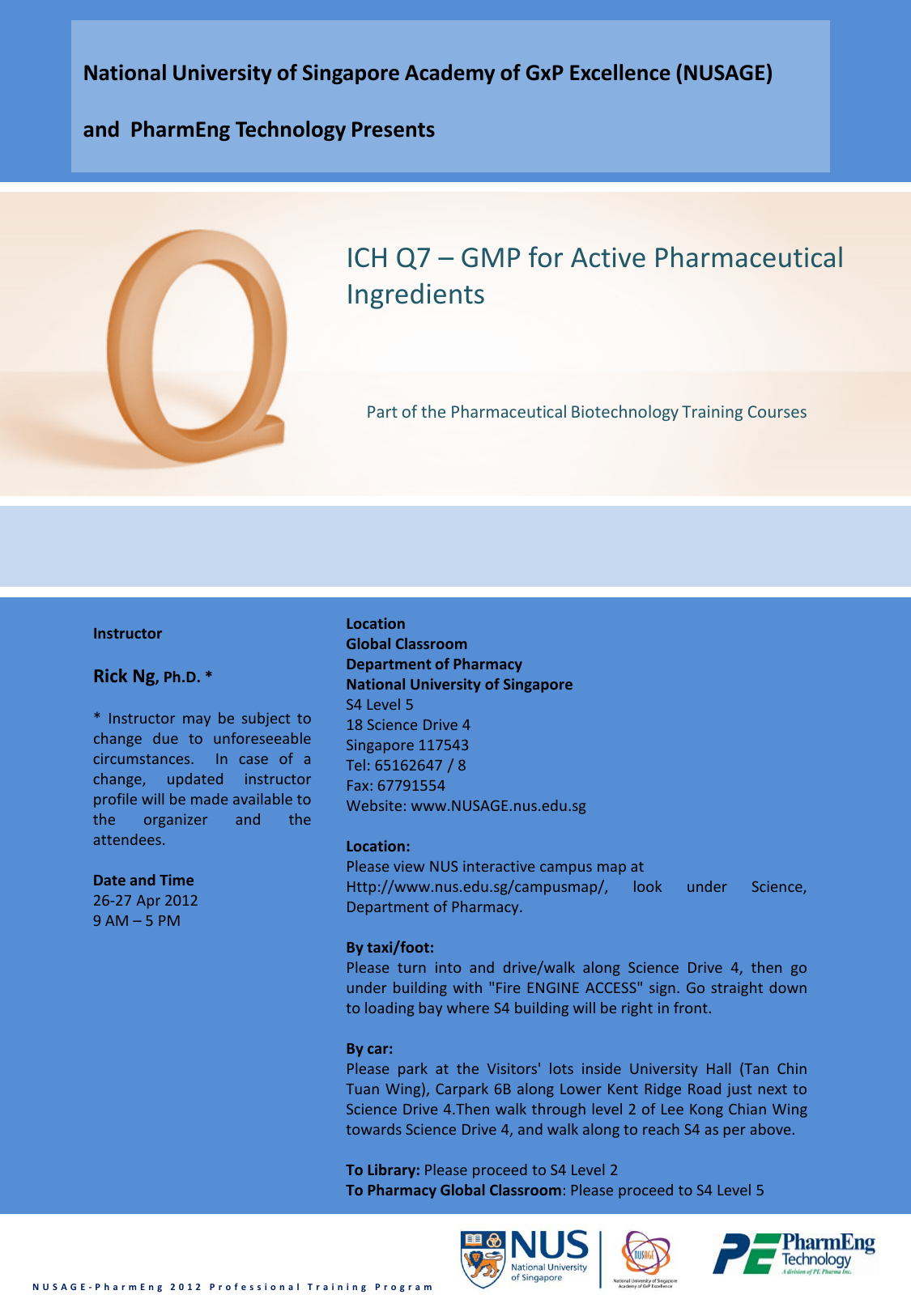

Green tea is produced from freshly harvested leaves, which immediately are steamed to prevent oxidation or oxygen exposure. White tea is the least processed and is made from buds and certain leaves of the Camellia sinensis plant, which are steamed and dried. Each tea type is made from the leaves of the evergreen shrub Camellia sinensis, but the differences between them are due to the ways in which they’re processed into individual varieties. While all four types of tea known as true teas-white, green, oolong, and black-offer myriad health benefits, most studies show that black and green teas are the heart-health leaders. Study participants who drank three to six cups of tea per day were 45% less likely to die from heart disease than those who drank less than one cup, and drinking more than six cups of tea per day was associated with a 36% lower risk of developing heart disease than drinking less than one cup.2 The study followed more than 37,000 people in the Netherlands for 13 years and found that people who drink plenty of tea are less likely to die of heart disease than people who don’t drink tea. One of the many known benefits uncovered by modern research: High tea consumption leads to a healthier heart.Īccording to data published in 2012 in Food & Function, black and green tea may reduce the risk of coronary heart disease and stroke by 10% to 20%.1 Two years before, one of the largest studies on the impact of tea drinking on heart health was published in Arteriosclerosis, Thrombosis and Vascular Biology.


Fortunately, our tea-drinking ancestors had the wisdom to recognize its value and the foresight to continue the tradition of enjoying this elixir that we now know has powerful health benefits.

There’s nothing like having a hot cup of tea to jump-start your morning or a tall glass of iced tea to cool you off in the summertime.įor more than 5,000 years, various peoples and cultures across the globe have enjoyed drinking tea, making it the most consumed beverage second only to water. Tea’s Good for the Heart - Studies Show a Few Cups a Day Keep Heart Disease at Bay


 0 kommentar(er)
0 kommentar(er)
